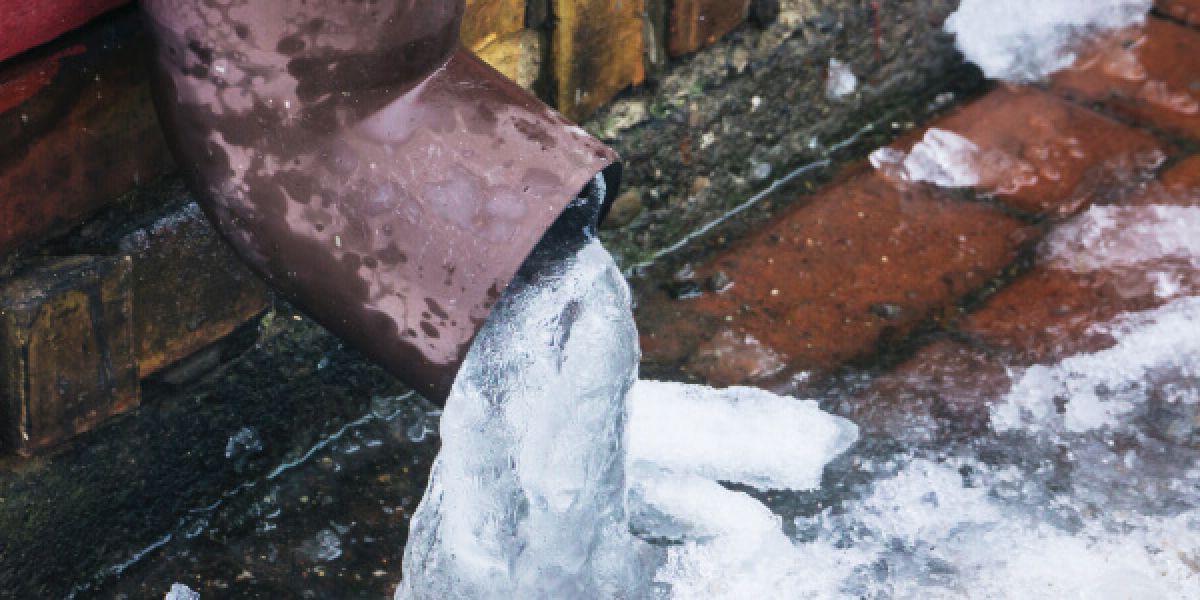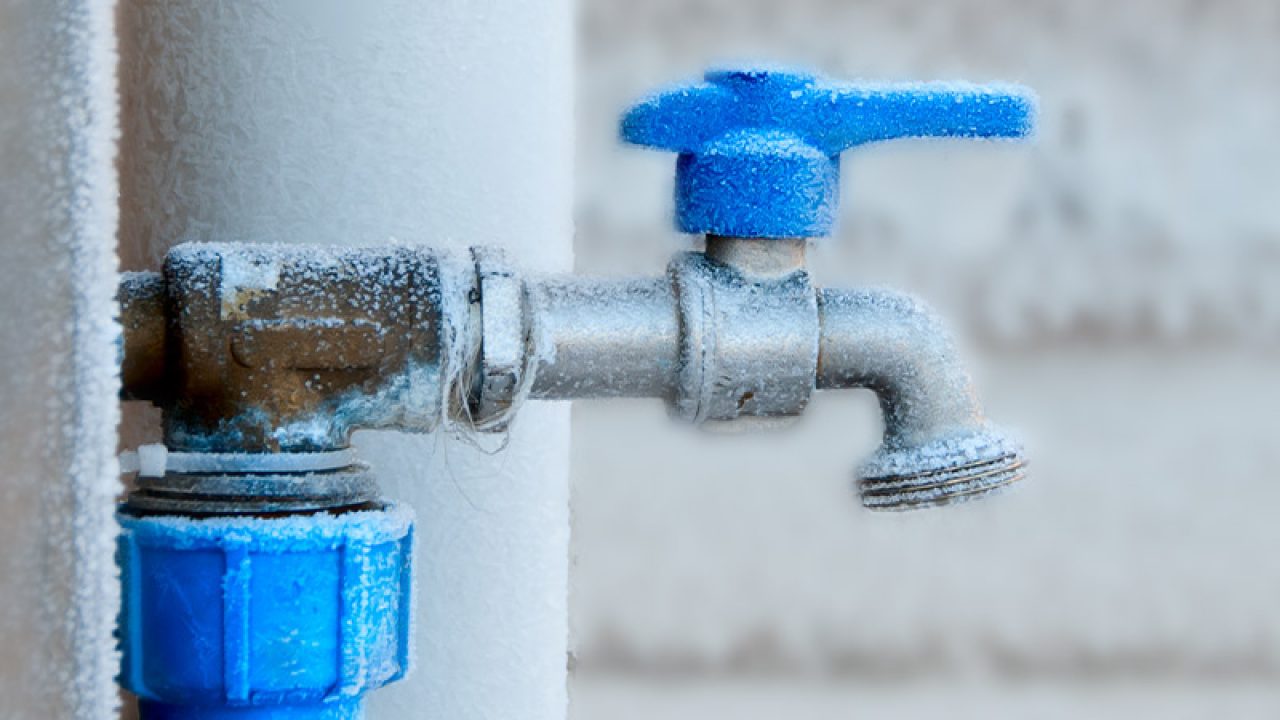Essential Tips to Avoid Frozen Pipes in Cold Weather: Expert Insights
Essential Tips to Avoid Frozen Pipes in Cold Weather: Expert Insights
Blog Article
The content in the next paragraphs relating to Winter Plumbing Precautions: Preventing Frozen Pipes is highly enlightening. Check it out yourself and figure out what you think of it.

Winter can damage your pipes, specifically by freezing pipelines. Here's how to avoid it from occurring and what to do if it does.
Intro
As temperature levels decline, the threat of icy pipelines rises, possibly leading to pricey repairs and water damages. Recognizing just how to stop icy pipes is essential for property owners in chilly environments.
Prevention Tips
Protecting vulnerable pipes
Cover pipes in insulation sleeves or utilize warmth tape to protect them from freezing temperatures. Concentrate on pipelines in unheated or exterior areas of the home.
Home heating strategies
Maintain interior spaces appropriately heated, especially locations with plumbing. Open cabinet doors to allow cozy air to distribute around pipes under sinks.
How to identify icy pipes
Search for decreased water circulation from faucets, unusual smells or noises from pipes, and noticeable frost on subjected pipes.
Long-Term Solutions
Architectural changes
Take into consideration rerouting pipes far from outside walls or unheated areas. Include additional insulation to attic rooms, basements, and crawl spaces.
Updating insulation
Purchase top notch insulation for pipes, attics, and walls. Correct insulation assists keep constant temperature levels and reduces the risk of icy pipelines.
Shielding Exterior Plumbing
Garden hoses and exterior faucets
Disconnect and drain pipes garden hoses prior to wintertime. Install frost-proof faucets or cover outside faucets with protected caps.
Comprehending Icy Pipes
What creates pipes to ice up?
Pipes ice up when exposed to temperature levels below 32 ° F (0 ° C) for prolonged durations. As water inside the pipes freezes, it increases, putting pressure on the pipeline wall surfaces and possibly causing them to burst.
Risks and damages
Frozen pipes can lead to supply of water interruptions, building damage, and expensive repairs. Ruptured pipes can flood homes and create substantial structural damages.
Indications of Frozen Pipeline
Recognizing icy pipes early can avoid them from bursting.
What to Do If Your Pipes Freeze
Immediate activities to take
If you think frozen pipes, keep faucets open up to eliminate pressure as the ice melts. Make use of a hairdryer or towels soaked in warm water to thaw pipelines slowly.
Conclusion
Stopping icy pipes calls for aggressive measures and quick feedbacks. By comprehending the causes, indications, and preventive measures, homeowners can shield their plumbing throughout cold weather.
6 Proven Ways to Prevent Frozen Pipes and Protect Your Home
Disconnect and Drain Garden Hoses
Before winter arrives, start by disconnecting your garden hoses and draining any remaining water. Close the shut-off valves that supply outdoor hose bibs and leave the outdoor faucet open to allow any residual water to drain. For extra protection, consider using faucet covers throughout the colder months. It’s also important to drain water from any sprinkler supply lines following the manufacturer’s directions.
Insulate Exposed Pipes
Insulating your pipes is an effective way to prevent freezing. Pipe insulation is readily available at home improvement stores and is relatively inexpensive. Pay close attention to pipes in unheated areas such as the attic, basement, crawl spaces, or garage. Apply foam insulation generously to create a buffer against the cold. You can also wrap your pipes in heat tape or thermostat-controlled heat cables for added warmth.
Seal Air Leaks
Inspect your home for any cracks or openings that could let in cold air. Seal any holes around the piping in interior or exterior walls, as well as the sill plates where your home rests on its foundation. Additionally, make sure to keep your garage door closed unless you’re entering or exiting. Leaving it open creates a significant air leak that can lead to frozen pipes.
Allow Warm Air Circulation
During cold snaps, it’s essential to allow warm air to circulate evenly throughout your home. Leave interior doors ajar to promote better airflow. Open kitchen and bathroom cabinets to help distribute heat consistently around the rooms. If you have small children or pets, be sure to remove any household chemicals or potentially harmful cleaners from open cabinets for safety.
Let Faucets Drip
A small trickle of water can make a big difference in preventing ice formation inside your pipes. When temperatures drop significantly, start a drip of water from all faucets served by exposed pipes. This continuous flow helps prevent the water from freezing. Additionally, running a few faucets slightly can relieve pressure inside the pipes, reducing the chances of a rupture if the water inside does freeze.
https://choateshvac.com/6-proven-ways-to-prevent-frozen-pipes-and-protect-your-home/

I'm just very drawn to Preventing and dealing with frozen pipes and I hope you appreciated the new piece. Are you aware of somebody else who is in to the niche? Feel free to promote it. Thanks a lot for being here. Don't hesitate to come visit our site back soon.
Schedule A Service Call Report this page